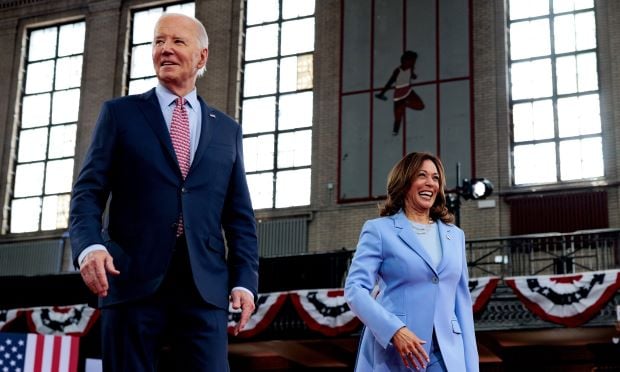As employers and insurers continue to navigate the intricacies of the Patient Protection and Affordable Care Act, they're finding that managing wellness programs and non-discriminatory incentives (or disincentives) can be tricky.
"PPACA extended HIPAA non-discrimination rules as to what is considered a non-discriminatory incentive or disincentive," explains Amy Gordon, a wellness benefits attorney with McDermott Will & Emery. "It used to be that the incentive was capped at 20 percent of the total premium — or total contribution if the employer is self-insured. But PPACA raised that 20 percent to 30 percent for most programs and up to 50 percent for tobacco cessation.
"Just in the last year, when the new incentive and disincentive regulations went into effect, we have definitely seen employers ramping up their penalties and incentives," Gordon says.
Continue Reading for Free
Register and gain access to:
- Breaking benefits news and analysis, on-site and via our newsletters and custom alerts
- Educational webcasts, white papers, and ebooks from industry thought leaders
- Critical converage of the property casualty insurance and financial advisory markets on our other ALM sites, PropertyCasualty360 and ThinkAdvisor
Already have an account? Sign In Now
© 2024 ALM Global, LLC, All Rights Reserved. Request academic re-use from www.copyright.com. All other uses, submit a request to [email protected]. For more information visit Asset & Logo Licensing.








